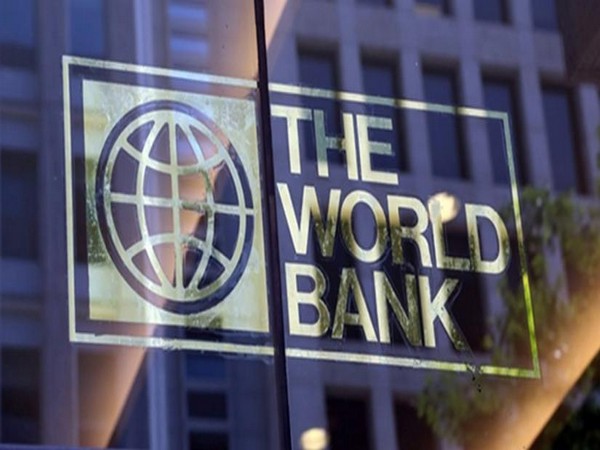
New Delhi: World bank, in its latest report, has lowered India's 2022-23 growth rate from its June forecast, by 1 percentage point to 6.5 per cent. In the previous report, the international organization had projected India's growth rate to be at 7.5 per cent for the period.
In the latest South Asia Economic Focus, Coping with Shocks: Migration and the Road to Resilience, released today, the World Bank has revised India's growth rate down from its June forecast. It further expects India to grow at 7 per cent and 6.1 per cent in 2023 and 2024 respectively. The twice-a-year update has also revised the regional growth rate of South Asia by 1 percentage point from the June forecast to 5.8 per cent, as it expects a "dampening" growth rate in the region.
The main reasons highlighted for the revision have been Sri Lanka's economic crisis, Pakistan's catastrophic floods, a global slowdown, and the impacts of the war in Ukraine on top of the lingering scars of the COVID-19 pandemic.
"Pandemics, sudden swings in global liquidity and commodity prices, and extreme weather disasters were once tail-end risks. But all three have arrived in rapid succession over the past two years and are testing South Asia's economies," said Martin Raiser, the World Bank Vice President for South Asia.
"In the face of these shocks, countries need to build stronger fiscal and monetary buffers, and reorient scarce resources towards strengthening resilience to protect their people," Raiser added.
However, the release has also highlighted the fact that India, which happens to be the region's largest economy, recovered more strongly than the world average riding on the exports and service sector. It considers India's "ample" foreign reserves to be serving as a buffer to external shocks.
While talking about Sri Lanka, the Report expects the country's real GDP to fall by 9.2 per cent this year and further by 4.2 per cent in 2023. It considers the impact of COVID-19 and rising commodity prices due to the war in Ukraine to have worsened the situation and exacerbated its woes in debt and depleting foreign reserves.
While talking about Pakistan, the Report considers the high-commodity prices to have worsened Pakistan's external imbalances and brought down its reserves. It finds Pakistan's outlook subject to significant uncertainty after the devastating climate-change-fuelled floods submerged one-third of the country this year.
The release also considers that tourism's return is helping drive growth in the Maldives and Nepal to a lesser extent.
The report expects the inflation in the region to rise to 9.2 per cent this year before gradually subsiding. It highlights the main causes behind this as the elevated global food and energy prices and trade restrictions that have worsened food insecurity in the region. It calls them to have severely impacted the poor by squeezing their real income.
The report also talks about the impact of COVID-19 restrictions on the migrant workers of South Asia, who were disproportionately affected.
However, the report also considers migration as a crucial factor in facilitating recovery. It expects the migration flow to move from the areas hit hard by the pandemic to those that were not. It will supposedly equilibrate the demand and supply of labour.
"Labor mobility across and within countries enables economic development by allowing people to move to locations where they are more productive. It also helps adjust to shocks such as climate events to which South Asia's rural poor are particularly vulnerable," said Hans Trimmer, the World Bank Chief Economist for South Asia.
"Removing restrictions to labour mobility is vital to the region's resilience and its long-term development," Timmer added.
The report also offers two recommendations in its report. Firstly, it recommends cutting costs faced by migrants. Secondly, it suggests that policymakers de-risk migration including more flexible visa policies and social protection programs.